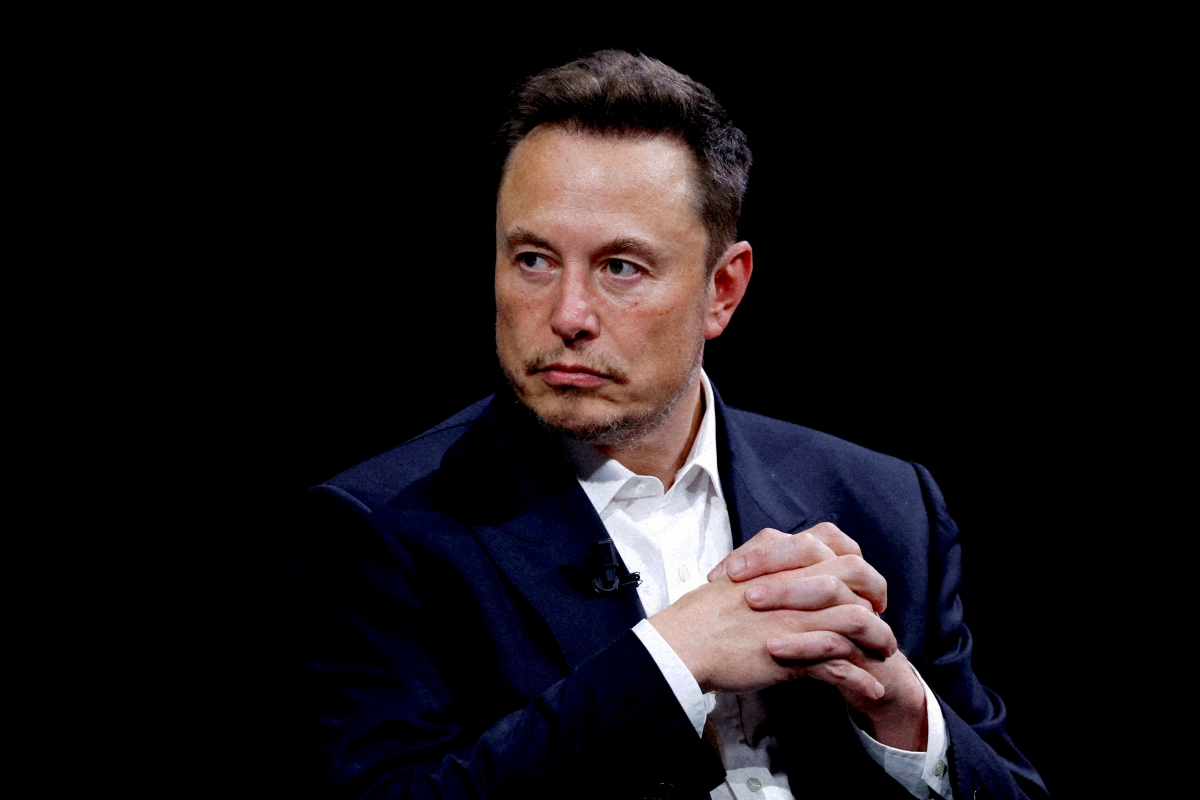
For years, Elon Musk has styled himself as a digital revolutionary—a man unafraid to tear down the systems he sees as outdated, inefficient, or morally compromised. He has defied industries, dismissed regulators, mocked institutions, and insisted, time and again, that the future belongs not to cautious consensus but to bold acceleration.
Now, in the corridors of Brussels, Europe’s most powerful legal machinery is preparing to hit the brakes on Musk’s most ideologically loaded venture yet: X, the platform formerly known as Twitter.
The European Union is currently preparing to impose a fine that could exceed $1 billion against Musk’s X, citing violations of the bloc’s newly enacted Digital Services Act (DSA). If carried out, it would be one of the largest financial penalties ever levied against a social media platform.
But more than that, it would mark a watershed moment in the evolving battle between national sovereignty and the supranational influence of private tech empires.
At the center of this clash is a single question that has no easy answer: when a billionaire controls the infrastructure of speech itself, who, if anyone, has the authority to stop him?
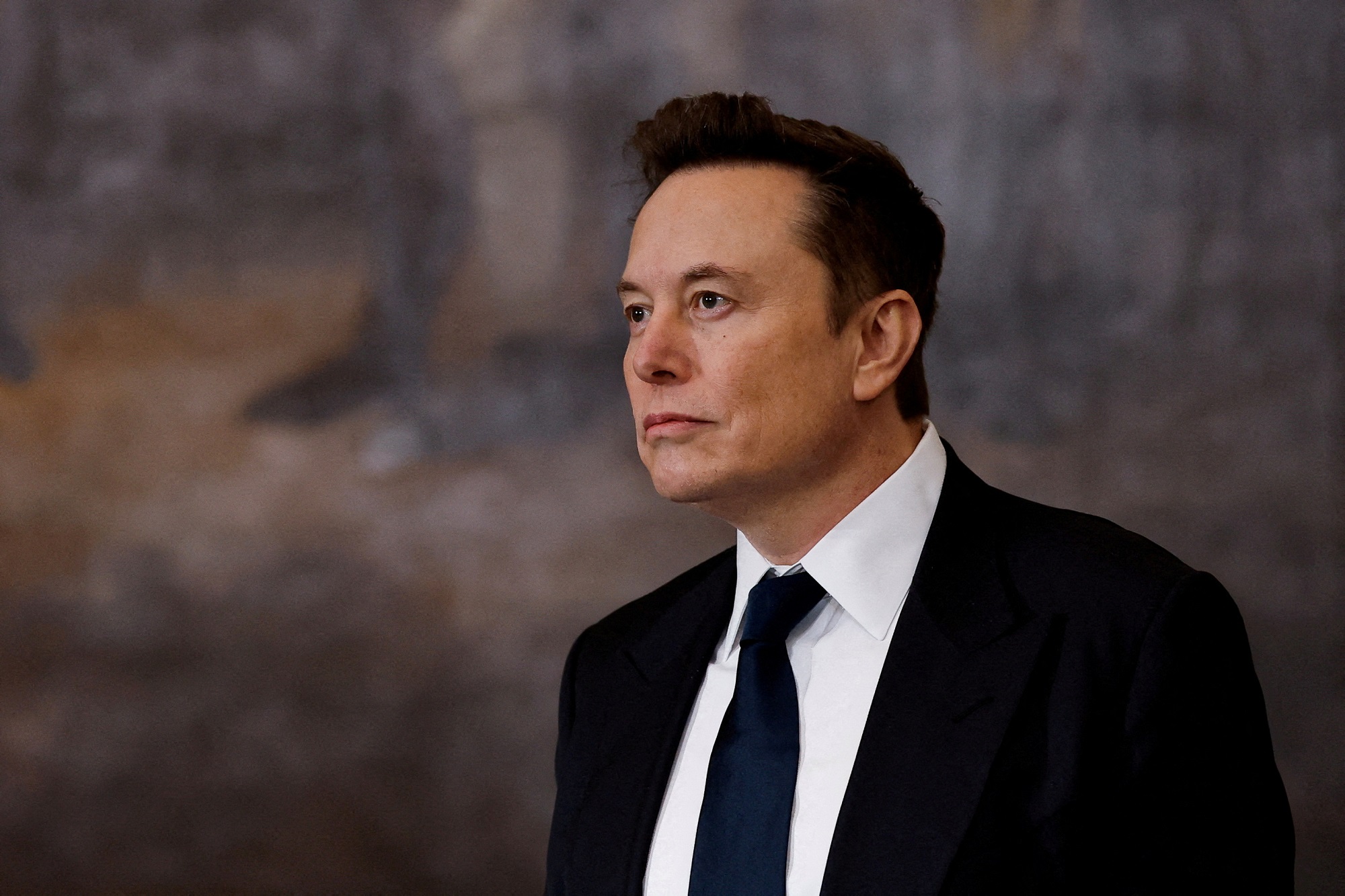
The Digital Services Act was passed in 2022 with a clear purpose: to impose accountability on digital platforms operating within the European Union. It mandates transparency in content moderation, algorithmic operations, advertising policies, and—most importantly—the handling of misinformation.
The law applies to all platforms with more than 45 million EU-based users, a threshold X surpasses easily, even in its post-Twitter form. Under the DSA, platforms that fail to adequately address misinformation or allow unchecked spread of harmful content can face fines up to 6% of global annual revenue.
According to preliminary findings from the European Commission, X has violated multiple provisions of the DSA. These include failure to implement effective systems for content moderation, failure to provide transparent mechanisms for user verification, and insufficient cooperation with fact-checking and public information integrity programs.
In plainer terms, Brussels is accusing Musk’s X of turning a blind eye—or worse, actively enabling—the spread of false, dangerous, or misleading content across its European user base.

The allegations are not new. Since Musk’s acquisition of Twitter in 2022 and its transformation into X, critics have warned that the platform has become a haven for unregulated speech, conspiracy theories, and coordinated disinformation.
Musk’s decision to gut the company’s moderation staff, reinstate previously banned accounts, and loosen policies on hate speech and political manipulation have all contributed to growing alarm. But until now, consequences have been limited to media headlines and advertiser hesitations. The EU’s move changes that calculus dramatically.
What makes this confrontation so potent is the personalities involved. On one side, you have Musk: the world’s richest man, the architect of SpaceX, Tesla, Neuralink, and xAI, and a self-declared champion of “absolute free speech.”
On the other, the European Commission, a sprawling bureaucracy with a reputation for slow deliberation but immense regulatory reach. Musk thrives in chaos and velocity. The EU operates in patience and process. The tension was inevitable.
Musk has made no secret of his disdain for the DSA. Even before the law took full effect, he labeled it a form of digital censorship, a state-driven attempt to impose ideological conformity under the guise of protecting users.

Since then, he has made statements suggesting that X would prioritize what he calls “freedom-first moderation”—a policy that allows nearly all speech short of outright illegality. In practice, critics argue, this means X has become a megaphone for the loudest, angriest voices—many of whom deliberately trade in distortion and provocation.
The platform’s transformation under Musk has had measurable consequences. Disinformation tracking groups have reported a sharp increase in false narratives on X related to elections, vaccines, climate change, and migration. Hashtags linked to conspiracy theories trend routinely.
The ratio of misinformation to fact-checked content is rising. And while some of this may reflect broader societal fractures, it is X’s policies—or lack thereof—that are now being scrutinized in courtrooms rather than comment sections.
The financial implications are massive. A $1 billion fine may not bankrupt X, but it would deal a serious blow to a company already under pressure. Since Musk’s takeover, advertising revenue has plummeted, subscriber growth has been sluggish, and operating costs—especially those tied to infrastructure and engineering overhauls—have ballooned.
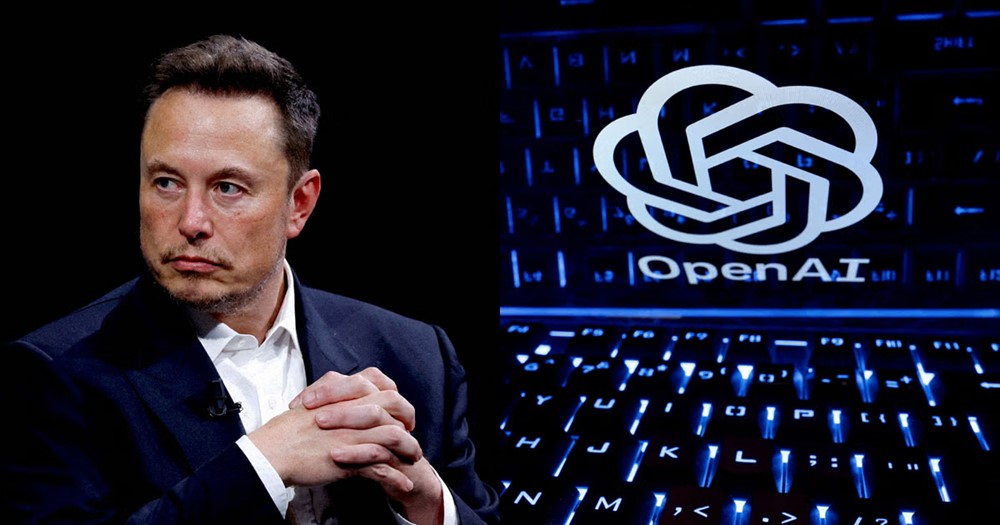
The rebranding from Twitter to X has not yielded the commercial rejuvenation Musk once promised. If anything, the platform has become more culturally divisive and economically fragile.
More important, though, is the precedent this case could set. If the EU successfully enforces the DSA against X, it will embolden regulators across the globe. Countries in South America, Asia, and even North America have begun drafting legislation modeled on the DSA.
The idea of transnational tech accountability is gaining momentum, and the Musk-X confrontation may become the spark that ignites a broader movement. For the first time, regulators are not just reacting to the tech industry—they are taking the offensive.
This dynamic—regulators vs. tech moguls—is one of the defining dramas of the digital age. Musk has long positioned himself as a renegade outsider, someone too visionary to be boxed in by bureaucrats. He’s clashed with the SEC, the FAA, the NHTSA, and now the EU.
Each time, he casts the dispute as a fight between innovation and inertia. And each time, he wins at least part of the narrative war. But the EU is not the same kind of opponent. It does not need to outshout Musk. It simply needs to out-regulate him.

And therein lies the deeper battle: one between algorithmic freedom and democratic order. Musk argues that X is a platform for human expression—messy, flawed, and vital.
The EU argues that unchecked expression, especially at global scale, can destabilize democracies, endanger public health, and fragment reality itself. Both are, in some sense, right. But they are playing different games, with different goals, and different definitions of harm.
Musk’s defenders will point to the hypocrisy of selective enforcement. Why, they ask, is X being targeted while other platforms also struggle with moderation? Why are European authorities suddenly so concerned about speech now that Musk is in charge?
Is this about safety—or power? Musk himself is likely to echo these questions in the days to come, casting the fine as a political attack rather than a legal one.
But critics of Musk say the problem is not that he controls a platform. It’s that he has turned it into a megaphone for his own worldview—one that increasingly blurs the line between eccentric libertarianism and institutional defiance.
When you own the network, the feed, and the satellites that deliver it, what happens when you stop listening? The world is about to find out.

Whether the fine is enforced in full, negotiated down, or tied up in litigation for years, the message from Brussels is clear.
The era of unregulated digital fiefdoms is ending. Platforms, no matter how big, how bold, or how billionaire-backed, are no longer above the law. Not in Europe. Not anymore.
For Musk, this is both a personal and ideological affront. His entire brand is built on going where rules don’t yet exist. But the DSA exists. And it’s coming.
Now we wait to see whether Musk doubles down, backs off, or—as he often does—tweets his way into a new crisis entirely.
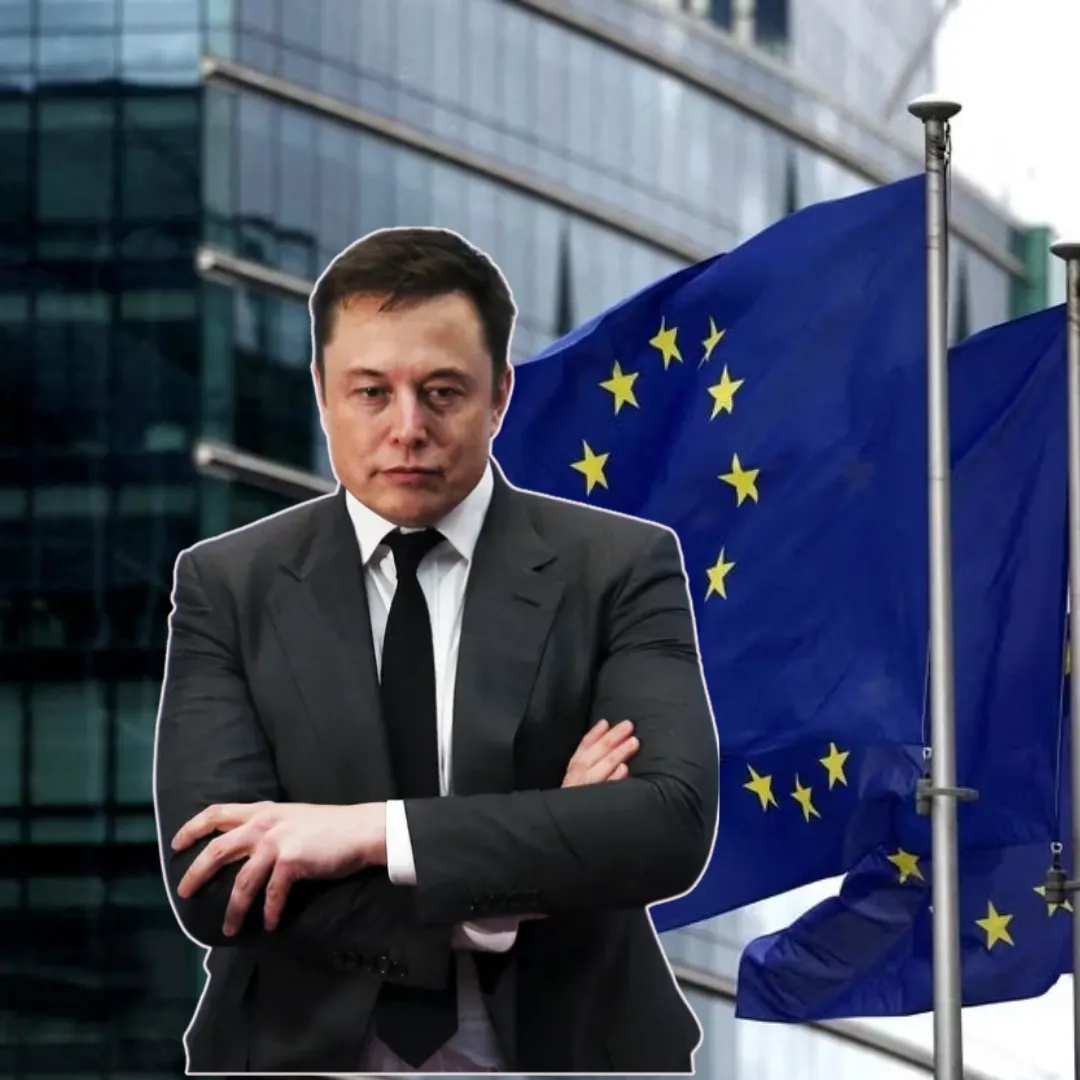

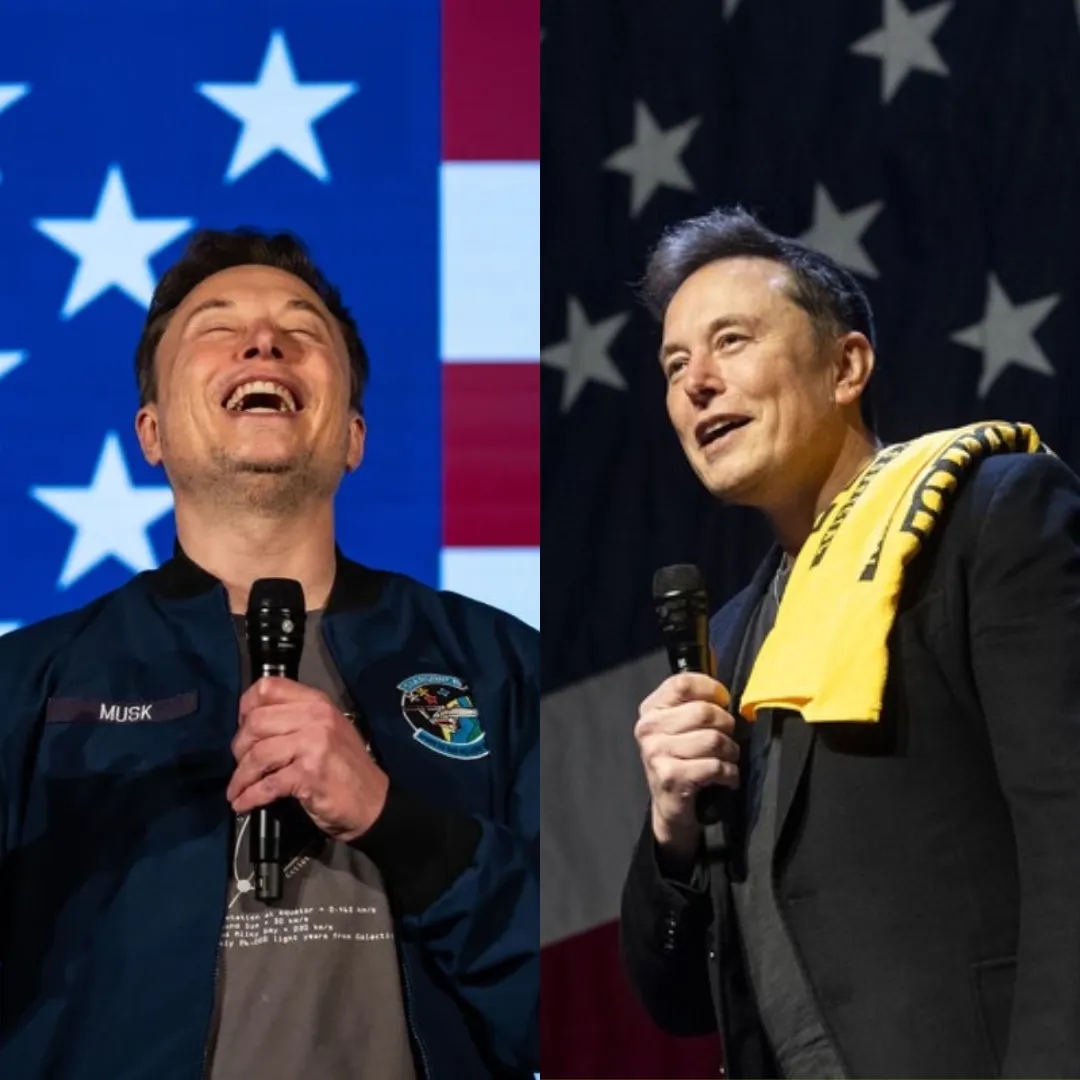
-1745720153-q80.webp)